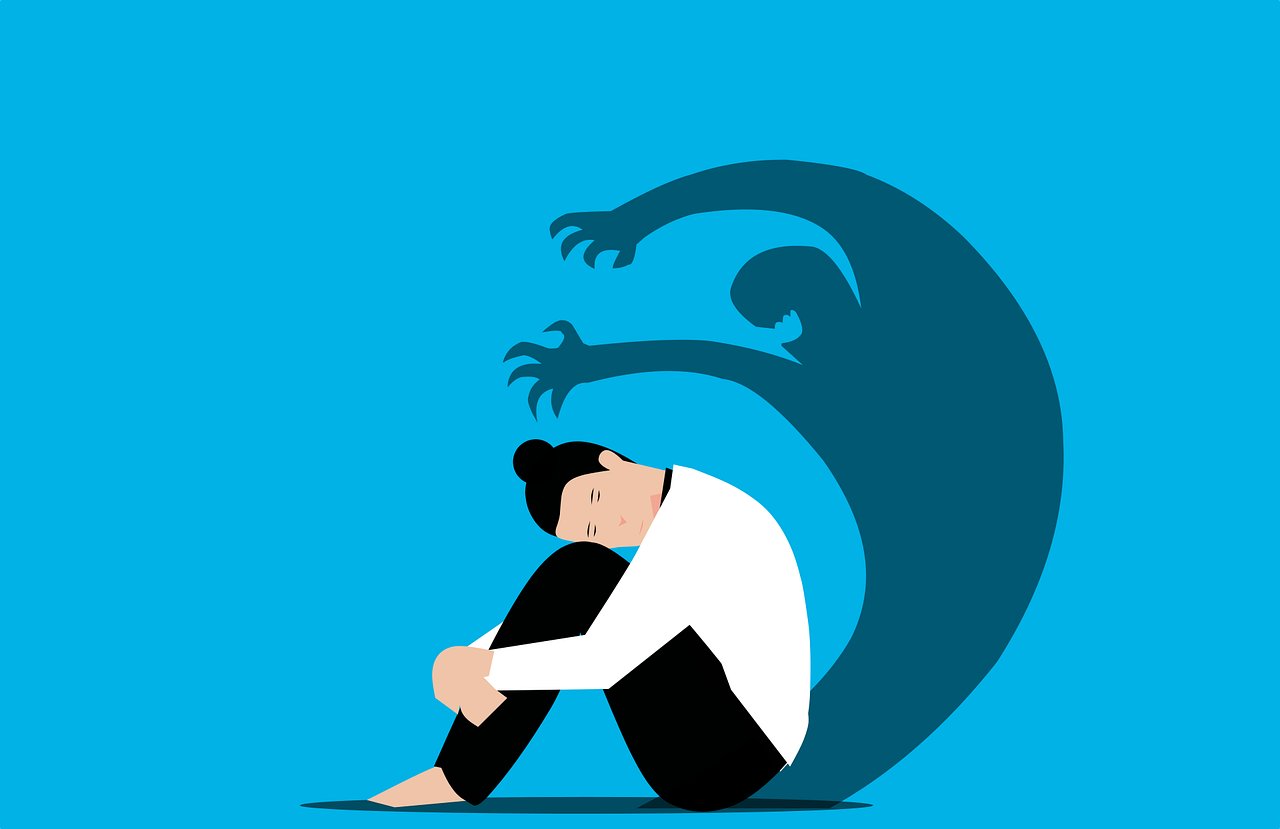Blog

When the Masks Come Off: Halloween and Mental Health
Explore the connection between Halloween and mental health. Learn how reflection, boundaries, and self-care can support emotional well-being.


Depression: recognizing the signs, how to cope, and where to find help
Depression can make it tough to enjoy life, especially when feelings of despair and hopelessness always persist. Here are some tips and helpful ideas for overcoming depression.

Accidents Happen to All of Us
It is important to remember we are sometimes overtaken by our intense pain, both physically and emotionally, that it is easy to overlook the good and where we can improve our own environment to support healthy functions.

Teens are More Prone to Anxiety
Teens are affected with higher rates of anxiety, with nearly 1 in 3 teens meeting the criteria for an Anxiety Disorder.

Gratitude: How To Find It And How To Use It
Whether your difficulties preceded or were brought on by or during the pandemic—from health, grief and loss, depression, anxiety, stress, and financial problems, to work-related, family, and relationship issues—you are NOT alone! The important thing to remember, no matter which difficulties resonate, is that we are here for you and can help. Finding gratitude in your every day can also help.

For The Love of Fido: Pets and Your Mental Health
The benefits of owning a dog (or any pet) are well documented. Reduction in high blood pressure, increased immunity, manageable cholesterol levels, and a lowered risk of heart disease are just a few of the physical health benefits that Fido and Fluffy bring to your life.

Have You Gotten Boosted For Self-Esteem?
Oftentimes, the focus is given to low self-esteem rather than high self-esteem. People are encouraged to esteem themselves higher and think positively when it comes to their sense of self. How do you know where you lie on the self-esteem spectrum?

Guarding Against Mental Health in Adulthood Can Begin in Childhood
As a parent, you want to do what’s best. It would be easiest if we could treat all of our children the same, however they are each unique individuals. Treating each of them the same will not do. Any parent that has tried this approach knows this does not work well and may have ended up in a big parenting struggle.

Evolving and Having Hope for the New Year
The COVID-19 pandemic has disrupted everyone’s sense of stability, structure, and sense of control, yet again. This long-drawn-out time of uncertainty, combined with the social distancing that keeps us away from family, friends, and normal activities, has taken a significant toll on us physically, emotionally, spiritually, and psychologically. However, there is hope for the New Year, and this blog can help you nurture it.

Finding Your Joy!
We’ve heard the word a million times, but how do we find our joy, reclaim what’s ours & enjoy the world around us? We’re so glad you asked! We’ve got some tips and tricks for finding your joy & keeping it!
